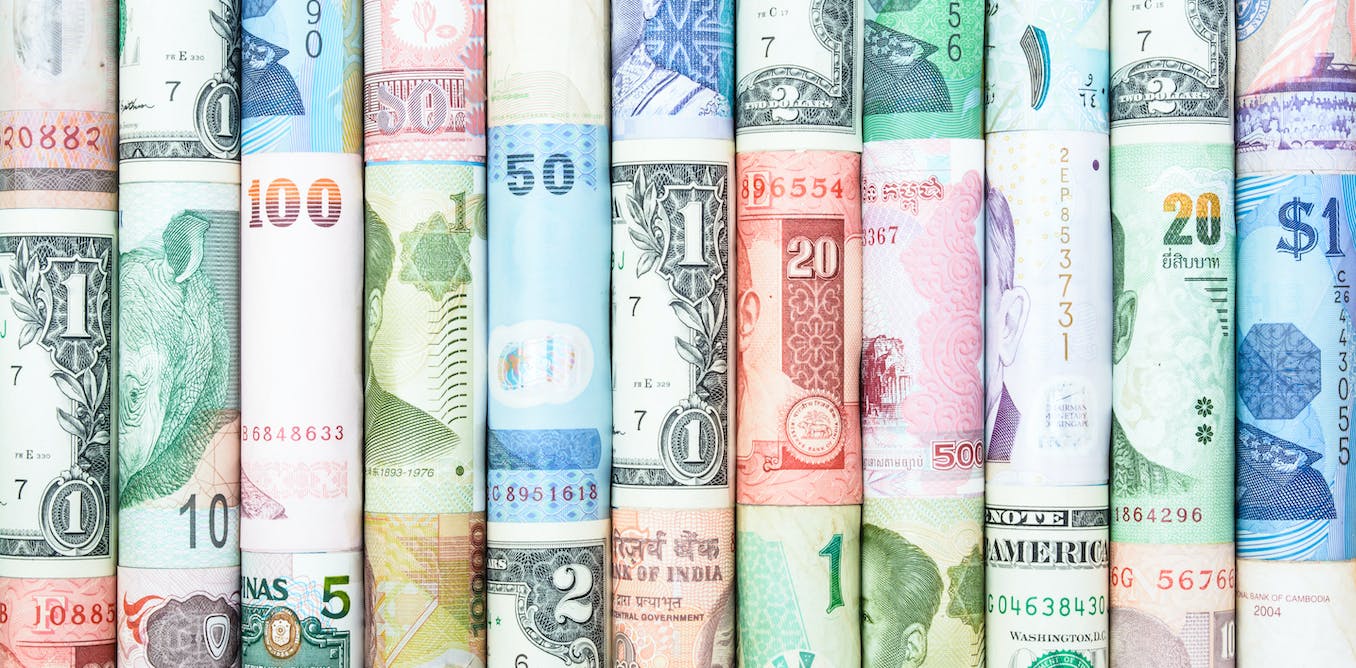Why are some nations rich and others poor? Can the governments of poor nations do something to ensure that their nations become rich? These sorts of questions have long fascinated public officials and economists, at least since Adam Smith, the prominent Scottish economist whose famous 1776 book was titled “An Inquiry into the Nature and […]










